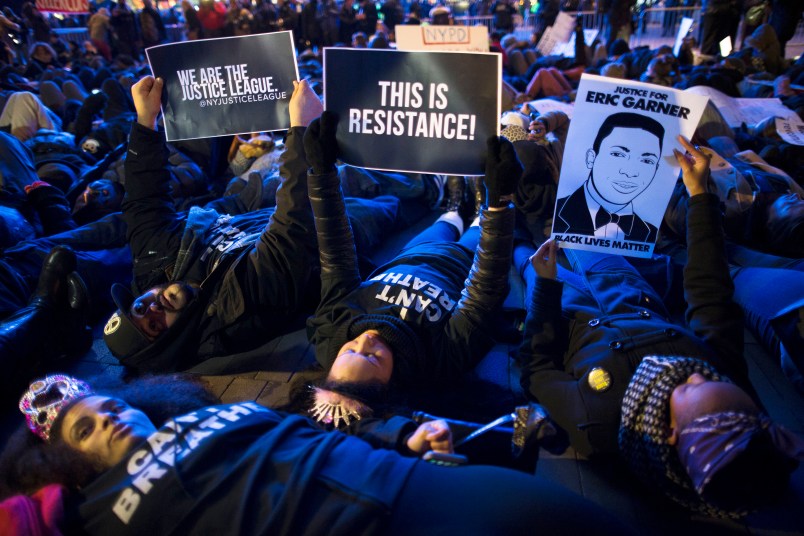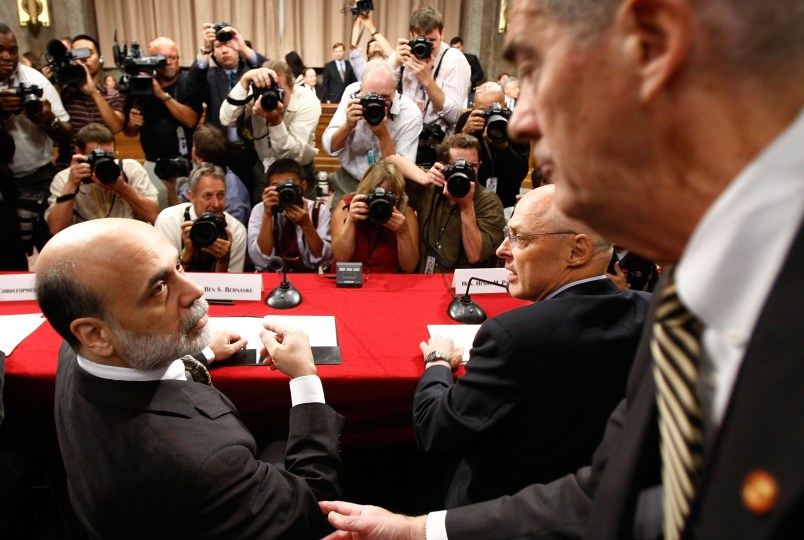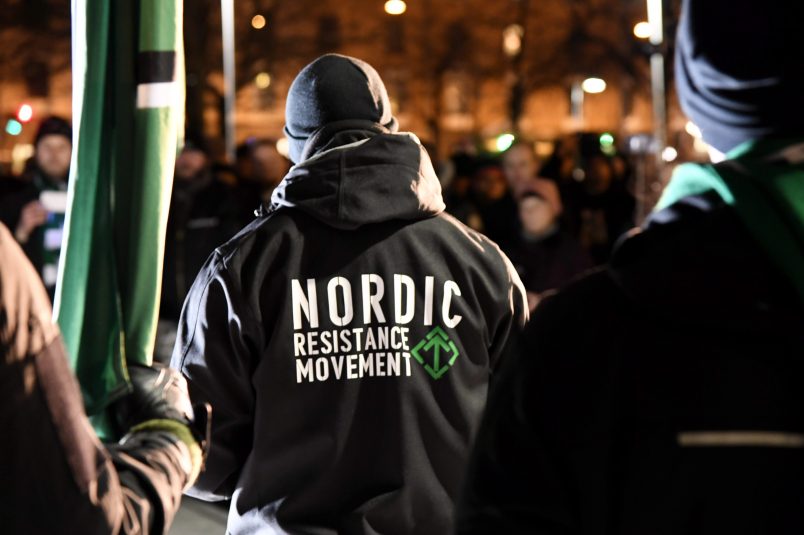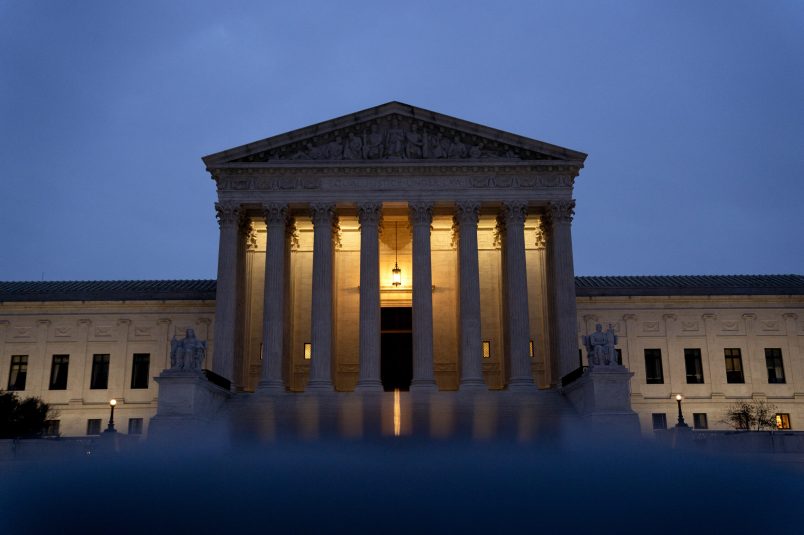“To be a Negro in this country is really… never to be looked at. What white people see when they look at you is not visible. What they do see when they do look at you is what they have invested you with. What they have invested you with is all the agony, and pain, and the danger, and the passion, and the torment — you know, sin, death, and hell — of which everyone in this country is terrified.” –James Baldwin
The first time I learned about lynching was when I was 19 years old and I had just heard “Strange Fruit” for the first time.
The conjured image of black people with bulging eyes hanging from trees or screaming in agony while being burned alive replayed in my mind as Billie Holiday’s voice rippled through a vibrato. There was no mistaking it, no possibility to distance the song from real life because the two were inextricably linked. I couldn’t feign placing this hellish tradition into the category of the unreal.
We can often reject or push away ideas and thoughts from our mind when our capacities to deal with their brutality is too much to handle. But this was different. I couldn’t do it because there were pictures, accounts, records, songs and protests. I couldn’t sleep for an entire week after I heard that song. I spent every night afraid that some ghost from 1920s Mississippi would appear in my dorm room corner—or worse, by my bedside. To this day, I can’t listen to the song. I’m not the only one; my colleague, who wrote one of her theses on female lynching, had to pray every night before going to bed and she doesn’t consider herself a religious person.
As a black female Millennial, I was more than conscious of racial policing and the mockery of racism long before the news decided that it was a hot topic. I’ve spent countless hours on Twitter conversing with writers, activists, allies and all those in between who pass around untold stories of brutality against marginalized people by policemen and discursive violence from corporate titans to future juggernauts such as the University of Oklahoma’s infamous Sigma Alpha Epsilon fraternity members. In the midst of these daily—and often tiresome—interactions, I’ve always seen this one common theme from older Twitter users: “Get offline if you have to. Make sure you take care of yourself.”
Intergenerational trauma was not considered an actual occurrence until after the Holocaust. Miri Schraf and Ofra Mayseless of Haira University studied the effects of the genocide on the descendants of Holocaust survivors. Second-generation children were found to be cold and distant. Their children recalled their parents harboring excessive fears that they all could die at any moment. The enslavement of millions of Africans was another form of genocide, and present-day black descendants deal with the historical trauma of this atrocity every time they scroll through Twitter.
There is only so much an individual can take when it comes to receiving bad news. For black people, the bad news about one of us affects all of us because we all are trying to navigate this strange, inscrutable, heartbreaking country. When we hear about the lives of Rekisha Boyd, Tamir Rice, Tony Robinson, Trayvon Martin, Aiyana Jones, Michael Brown and Eric Garner, we clutch our young ones knowing that they could be next. Death looms over our heads at any moment. In psychology, a trigger can be a topic, word or phrase that reminds a person of an original, traumatic event. When we see images of dead black bodies or read reports about them, our own bodies may tremble, our heart beats race.
Some of us, especially the upwardly mobile, may not have a fear of being gunned down in the street all the time. I don’t have a fear of getting lynched every day because it’s not as popular as it was decades ago. And yet despite all this, a simple word, image or both can flip a switch or ignite something in all of us to catapult our nerves to the edge of some shaky precipice. We could lose it altogether or try our best to keep it cool and act appropriately so that we do not succumb to the same fate.
Although none of us are slaves, there is much to be said about the psychological repressions of one of the most horrific transactions to happen in all of mankind. James Baldwin taught us and so did Toni Morrison in Beloved. These triggers, these visceral reactions do not disappear on their own regardless of any new laws passed or apologies made to the victimized. We know that racism still exists. Young white boys from Oklahoma can jubilantly sing about hanging black men from trees. Are they so different than the men who gathered their children to watch such a spectacle during a weekday afternoon?
And yet we, as black folks, have to watch white people don Trayvon Martin costumes for Halloween, witness harassment through social networks and on renowned media outlets. We have to sit and watch white people justify our deaths with, in not so many words: “Why can’t he or she just be like me? None of this would have happened!”
This ancestral anxiety comes in waves, receding and crashing again for me and countless others with whom I converse through social media. It’s a ghoulish occurrence and it’s downright scary. But there’s nothing for me to do to extricate it besides being conscious that it exists. Not a single black person is responsible for the rage, anger and torment that we feel because, as James Baldwin mentioned, we were not endowed with these sentiments. They were injected inside of our souls and have been festering there for centuries. And now all I can feel is rage. Rage for what has happened, is happening, and what is to come.
Morgan Jerkins is an essayist and novelist from New Jersey. Her writing has been featured in The Guardian, BuzzFeed, Salon, Electric Literature, The Toast,Quartz, xoJane, and Book Riot, among others.










I am deeply sorry for this.
You will get little help from the Corporate Media (A.K.A. MSM). You will certainly get NO help from FOX or Talk Radio.
We can debate just how and why there became a near-total Corporate control of the MSM and how and why FOX and Talk Radio became the menace they are.
But they ARE.
The writer has taken on too much burden.
One can only control what he/she can control.
Look for the good. Live big.
The author didn’t assume a burden; it was imposed on her at birth.
I don think people who’s lives face persistent existential threats really can afford believe this. Every triumph toward equality is premised on asserting more control over one’s self (identity and initiative), and wrestling that control from existing systems of oppression (cultural and institutional). We have to change it; not all of it, just enough so that our children will bear a lighter burden. It is then up to them to repeat the process.
In the meantime:[quote=“Okay, post:3, topic:18637”]
Look for the good. Live big.
[/quote]
I feel an incredible psychic toll of reading the news and I am white, female and retired. In many conversations there is an underlying theme of hurry up and die because you and your kind are dragging the economy down and holding back the paradise the GOPTP is promising when they no longer have to deal with Medicare, Social Security and the elderly. They see nothing but the lost profits they could gain if those programs could be moved into private hands.
The psychic toll for blacks has to be incredible also. But I think there is a psychic toll being extracted from those who are different in this country right now. Not to belittle or diminish the weight of the black burdens, but with the continued control of our political sphere with the Corporate Conservative Religious complex I can only see the trauma and toll as getting greater and greater. If there is any reporter or media source out there that had the courage enough to do some point by point comparisons of our evangelical corporate religion and the rigidity of the religions trying to take over the Middle East and in the rest of the world they could show that, while we may not be there yet, it wouldn’t take much to push us over the edge into some of those horrors. One only has to listen to the Fox Crew to see the depth of the propaganda machine being broadcast.
History is our one good source of seeing that personal freedoms are greatly threatened by religious fervor with corporate greed conspiring. Myself I am not well read in the area of Nazism but I believe that the beginnings of that horror started with singling out those who were not blue eyed blondes. We have a much more diverse culture in this country but it doesn’t take but a few minutes to see the direction being taken by singling out black youth, migrant workers, elderly, brown skinned people in general and anyone who doesn’t believe exactly like the persecutors. Thankfully there are so many in the GOPTP and they are fully organized yet, but the trend is certainly being established.
We should all start to feel this toll and double our efforts to fight the trends while we still have the right to vote freely.
[quote=
“Puppies, post:6, topic:18637”]
My father barely made it home from a concentration camp and I have no idea what the author is talking about,
[/quote]
The author was refering to:
Also, anecdote =/= evidence.